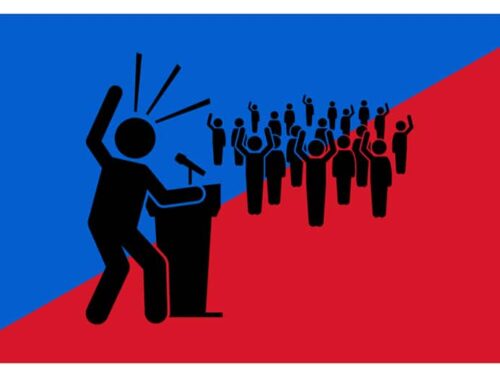
I’m a “can-do,” kind of person – I’m always letting my colleagues and clients know “I’m here to help; whatever you need.” Part of this tendency is just my nature; I truly enjoy being of service to others, even if there’s no fee involved. Another reason I’m this way is because, let’s face it, saying “no,” or “I can’t help you,” to your clients is not a winning business strategy.
But that’s exactly what I should have done with one recent client. It was one of the most difficult lessons I’ve had to learn in my 25-year career, not only because of the significant revenue I lost, but also because I could have helped them, if they’d allowed me to do my job.
My client – a senior level executive – actually thought they knew better than me about how to solve their human resources problem. During our initial discussions, they had indicated that I’d come highly recommended, that they had enormous respect for me, and that they knew I could help them because of my unique skill set and experience. However, instead of allowing me to dig into the problem and learn more about it prior to making my proposal, they simply said “Here’s what you’re going to do for us and here’s what we’re going to pay you for it.” Unfortunately, I agreed.
From that moment on, my client tried to control every single thing I did, even things like coaching, mediating and facilitating, that they had brought me in to do! It all went horribly wrong, and I was blamed and fired. As frustrated as I was with my client, I also blamed myself because I didn’t pay enough attention to the warning signs – the controlling behavior, the “I-know-best” attitude, the procedures they told me I had to follow to be successful in their culture. I simply should have said “I’m afraid I can’t help you,” and respectfully passed on the opportunity.
If your clients aren’t experts in your field and they start telling you how to do your job, be careful. The moment it doesn’t go the way they (or you) expected, chances are they’re not going to take responsibility for that failure – they’ll blame you. So sometimes, you just have to say no and move on.




